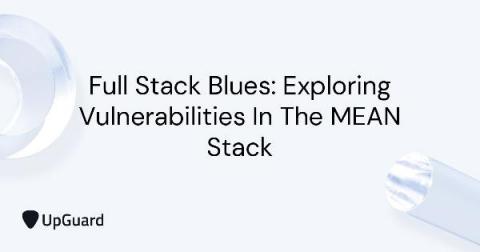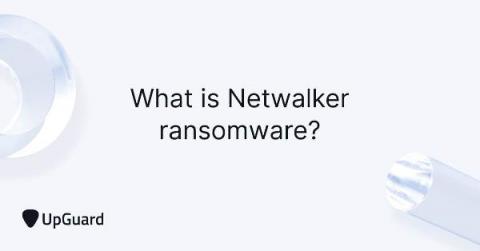Docker vs VMWare: How Do They Stack Up?
This is a clash of virtualization titans: one virtual machine, the other a containerization technology. In reality, both are complementary technologies—as hardware virtualization and containerization each have their distinct qualities and can be used in tandem for combinatorial benefits. Let’s take a look at each to find out how they stack up against each other, as well as how the two can be used in tandem for achieving maximum agility.


















